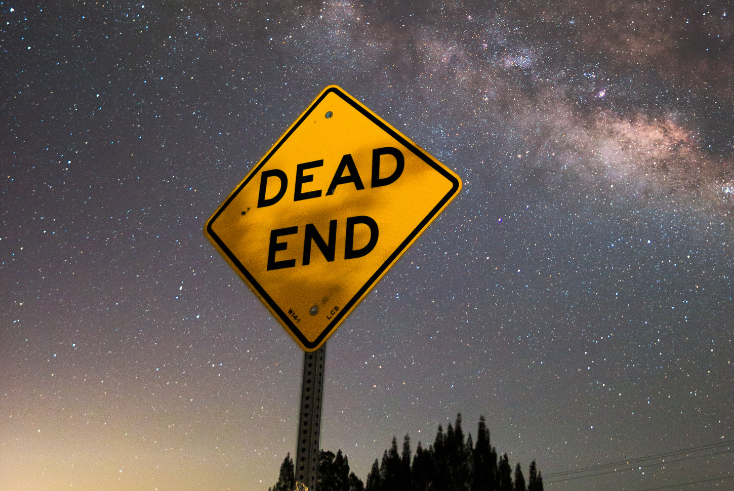Week in Media: open letters are worse than advertisers doing nothing at all

Even the world’s biggest advertisers are now too small to lobby tech media giants and it’s time we stopped pretending their open letters will lead anywhere, writes the editor
Imagine for a second that you run a media company (unless you do actually run a media company, as many of our readers do).
You receive an email (or your PA receives an email), informing you that many of your advertisers are unhappy with your editorial policies.
It’s not a private letter – it’s already been sent out to the media, and your head of comms confirms that journalists have been in touch requesting comment on their story about the letter.
Nor is it the first time you’ve received such an open letter – in fact, it’s becoming quite a regular occurrence. You got one last summer. You got one last year and there was even a few brands that decided to boycott you over August.
Experience has shown you that there are no real consequences if you simply ignore this letter, but your PR team advises you to put out a thoughtful statement anyway.
After all, you know and your advertisers know you’re a monopoly and that it’s not really in their interest to pull their advertising from your “platform”, no matter what the activists, politicians and media may say.
Welcome to the feeble fumbling of soft words and softer deeds that is media virtue-signalling.
A world where 250 people from advertisers, media agencies, and er, clergymen, think that sending yet another open letter to digital media companies is going to change anything.
This week, there were calls for tech platforms to take action on climate misinformation. Because, you know, it’s COP26 and something has to be done.
Or rather, something has to be said, rather than something actually being done.
The latest laudable aim, put forward by Centre for Countering Digital Hate is for the UN and social media companies to come up with a standard definition for misinformation so as to help bring about solutions around climate change denial nonsense being peddled by fraudsters and ignoramuses.
Take it seriously or don’t take it at all
But remember the last time something had to be said in August? There was another open letter calling for the tech platforms to take more action on racist content, after black England footballers were viciously abused by racists.
Mediatel News takes this stuff seriously. Not only did we publicise this open letter, organised by the Conscious Advertising Network, but we followed up weeks later and simply asked, what is being actually being done in the wake of this open letter?
It won’t surprise you that the answer was “not much”. It was particularly disappointing that the platforms apparently would not agree to the simplest demand by CAN to collaborate on a joint marketing campaign to stamp out racist abuse.
If you’re an advertiser that still thinks “shame” is going to get Mark Zuckerberg or Sunder Pichai or Jack Dorsey to do anything, you are severely misguided about your place in the digital advertising world.
And why is “shame” the only recourse that brands have to get the tech platforms to do anything? Because major advertisers know that pulling spend would not work anyway.
Zuck could not have put it better himself in leaked comments last year, after the August Black Lives Matter boycott of Facebook.
“The bottom line is, we’re not gonna change our policies or approach on anything because of a threat to a small per cent of our revenue, or to any per cent of our revenue,” The Information reported Zuckerberg saying, with my italics.
Unless civil society can somehow get that huge long tail of small and medium-sized businesses to boycott these companies – across the world – there will never be a real financial incentive for change.
This is supremely unlikely, given on how reliant small businesses are on Google and Facebook advertising as advertising platforms and increasingly direct-selling marketplaces.
Open letters, that come and go like ships in the night without any consequences, are actually worse than advertisers doing nothing at all.
It creates this false impression – especially when journalists lazily keep reporting open letters without assessing their effectiveness – that something is ‘being done’ when nothing is.
It helps fuel the cycle of madness that I’ve written about previously, where awful incidents on social media are followed by oppobrium and little else, before being too quickly forgotten about until the next incident.
So, the next time you’re asked to sign-up to an open letter, don’t bother unless you’re actually going to put your money where your mouth is.
But, if you insist on spending all day signalling your virtues and pretending others will care, there’s a perfect place for you: it’s called social media.



